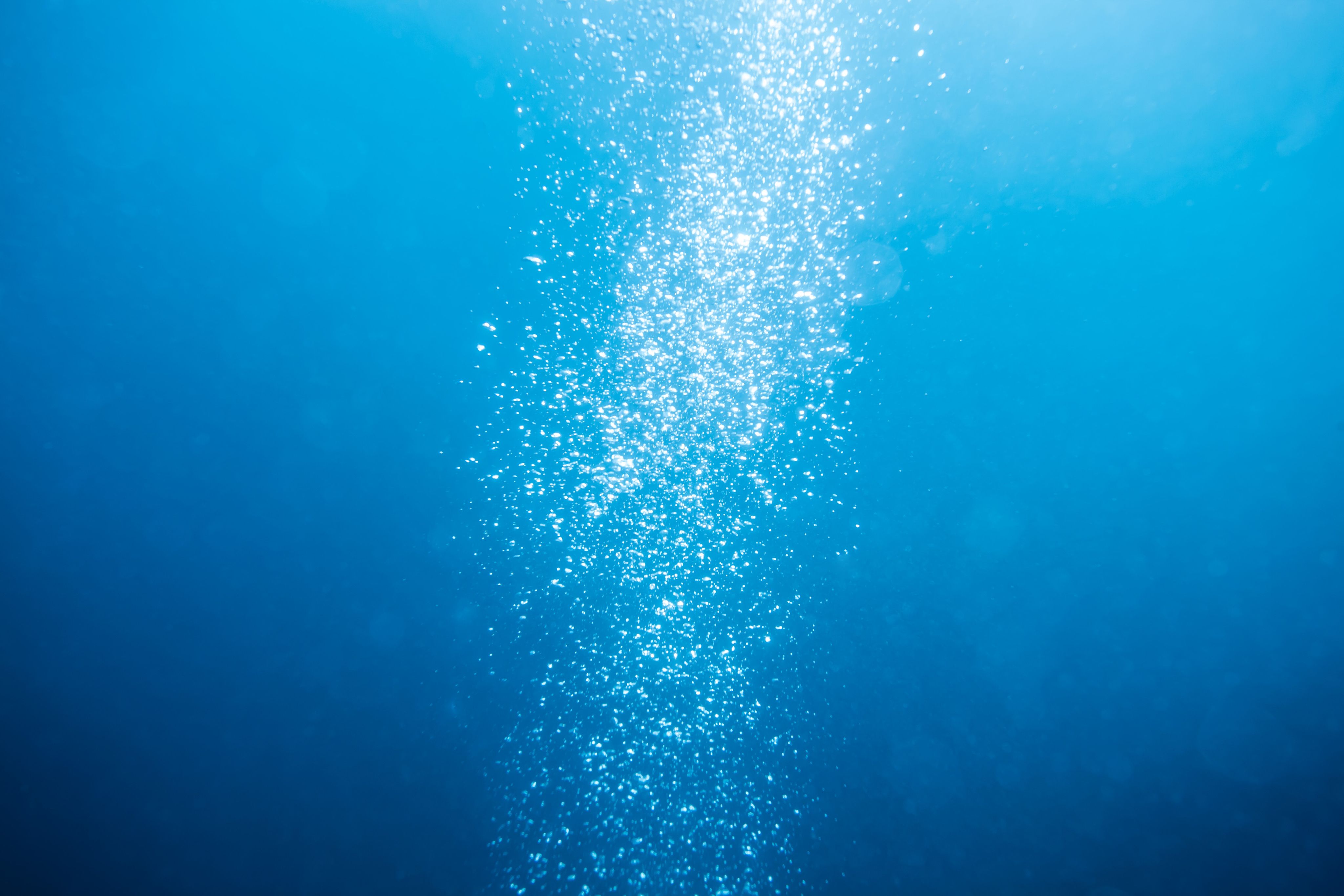
Cape Town
60% of divers returns to us
How to get to the Cape Town
Cape Town is the second largest city in South Africa. It is the capital of the Western Cape Province. Cape Town is located near two oceans, the Atlantic and the Indian Ocean. Cape Town International Airport is located there. The city has one of the highest levels of biodiversity of any equivalent area in the world. Also Cape Town has several well-known natural features that attract tourists, most notably Table Mountain, which forms a large part of the Table Mountain National Park and is the back end of the City Bowl. It also hosts the primary harbour and airport in the province. One of the pleasures of diving in Cape Town is a relatively rare privilege of being able to do excellent dives right from the shore. Boat diving gives divers access to the deeper sites. Cape Town features more than 100 local dive sites concentrated in two main diving areas: the Cape Peninsula and False Bay.
The popular dive sites are A Frame, Pyramid Rocks, Clifton Rocks, Castle Rocks, wrecks like SAS Pietermaritzburg, Clan Stuart and some others. Castle Rocks is probably the best dive site in False Bay. This dive site is situated in a marine reserve. The dive starts in a bay-type area, which is formed by huge boulders. It is rich in both color and fish life. The maximum depth is 15m/49ft. This site is also fantastic for night dives and underwater photography.